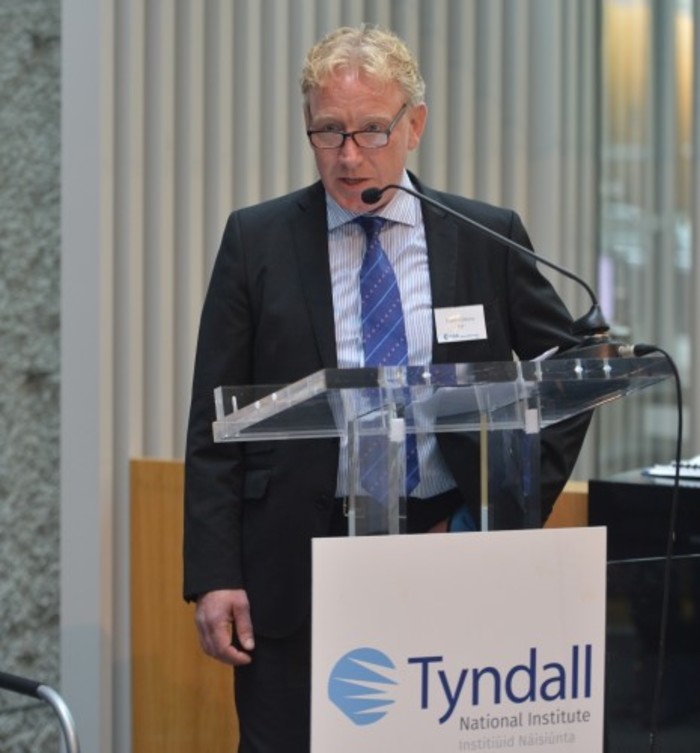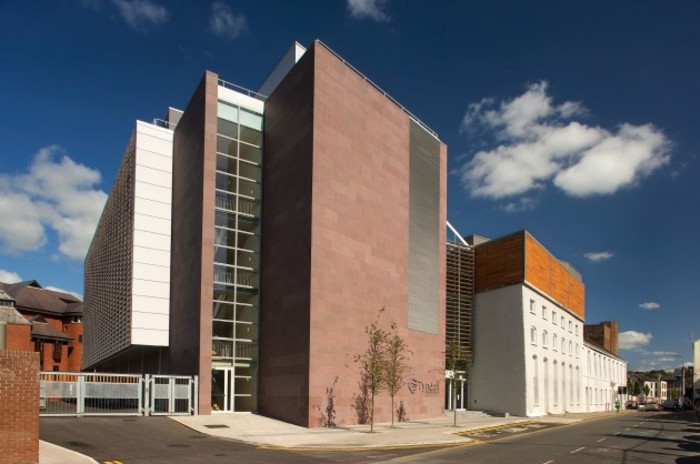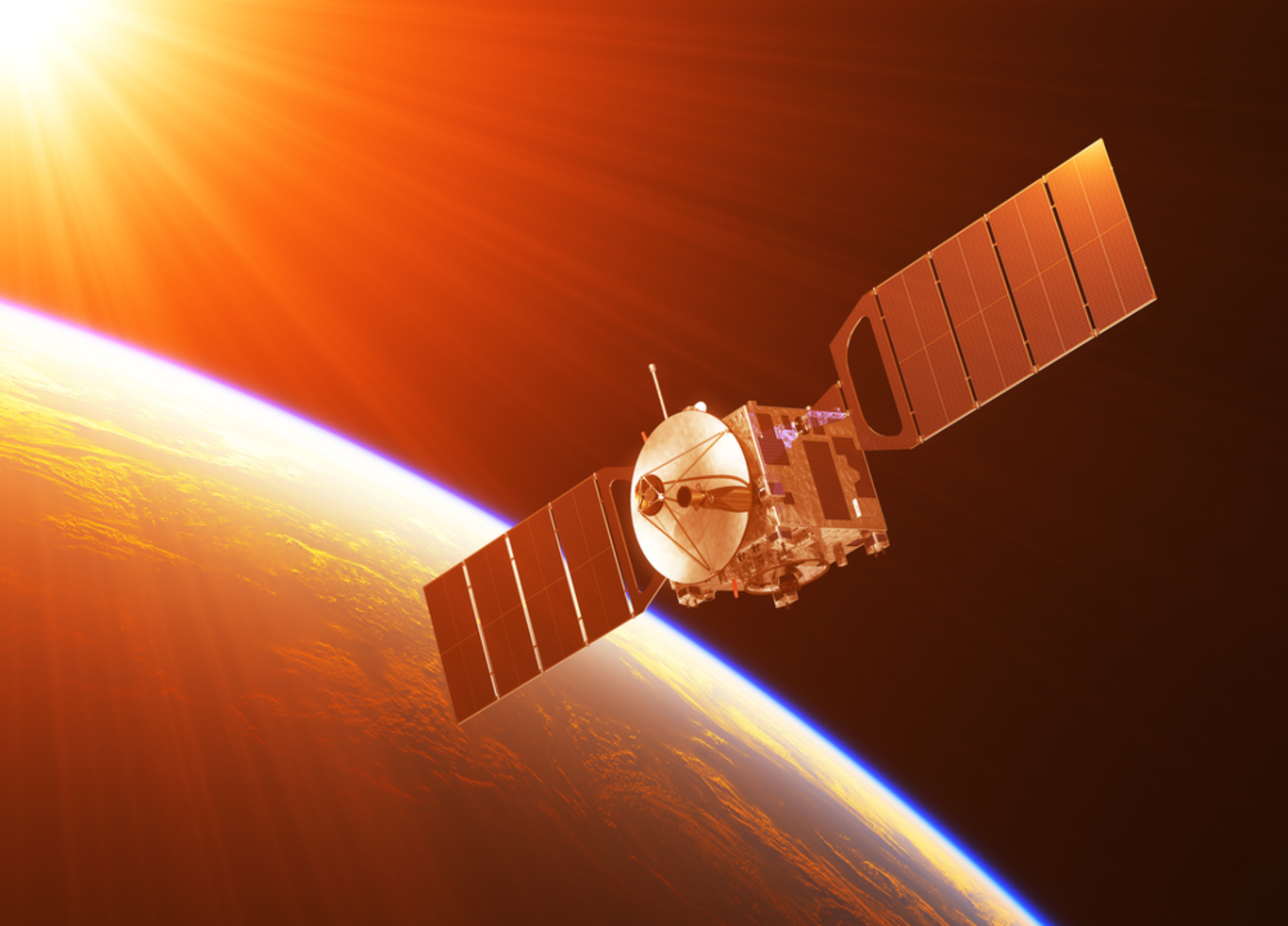'Space is commercial now': How Irish startups can make the most of the final frontier
The ESA’s huge budget is feeding into a growing space industry here.
WHILE ONCE SPACE was the exclusive realm of governments, in recent years the final frontier has been opened up to market forces.
The lofty ambitions of Elon Musk and Jeff Bezos have ushered in a new kind of space race for entrepreneurs with the bank accounts to finance their extraterrestrial projects.
But on a smaller scale, startups are taking advantage of technology and know-how that has become increasingly democratised and accessible – whether this means access to observational data or the costs of launching equipment into space coming down.
“Space is commercial,” says David Gibbons, who heads up the space solutions centre with the European Space Agency (ESA) at the Tyndall National Institute in Cork.
In Europe, the ESA has stepped in to help startups develop technology for the industry, and Ireland has already begun producing banner space technology companies like Limerick’s Arralis.
 David Gibbons
David Gibbons
Government assistance
In 2016, the government and players in Ireland’s burgeoning space industry set out an ambitious plan to grow the sector, which includes a target of having 1,000 “high-value technology jobs” in the field by 2020.
There are currently around 60 to 80 Irish companies now engaged in activity with the ESA, Gibbons said.
As a member of the Irish Space Industry Group, which represents the local sector, he is hopeful that the government will continue to pay attention to the growing industry.
Amid the announcements for Ireland 2040 earlier this year, Minister of State John Halligan laid out a plan for investing in space technology over the next nine years by dipping into the vast pool of proposed funding for the national development plan.
The government, which put nearly €18 million into the ESA programme in 2017, said it would create a ‘Space Strategy for Enterprise’ to support job growth in the sector. The strategy is due to be completed by the end of the year.
 Tyndall National Institute
Tyndall National Institute
Diversifying the field
According to Gibbons, the reach of the ESA’s programmes is quite broad. He describes the startups it works with as “space in, space out” – whether it’s startups wanting to get into space or draw knowledge from the space industry to apply to other sectors.
Companies may be working directly on technology that benefits the space industry or companies may be taking advantage of space-related data such as information published by the ESA for all to use.
The agency, which has an annual budget of around €5 billion, also gives space startups more credibility by lending its name and support to their work, Gibbons said.
ESA has three other space solutions centres across Ireland alongside the centre at Tyndall, with bases at Athlone Institute of Technology, National University of Ireland Maynooth and research centre Imerc (Ireland’s Maritime and Energy Resource Cluster).
Stefan Gustafsson is technology transfer officer at the ESA, working with many of the agency’s programmes in Europe.
When scouting for companies to join the incubation programme, Gustafsson points out that the companies need to have a “business idea related to space”.
That might seem like a very broad and obvious criteria, but under that banner the ESA has worked with startups that cover a wide range of fields whose technologies can be applied to the space sector.
For example, Cork wearables startup Thalman Health joined the incubation programme last year. It is developing a wireless sensor placed on a person’s body that continuously monitors a person’s core body temperature.
This has multiple uses but could help diagnose illnesses or conditions in astronauts and Gibbons hopes that the European Astronaut Centre in Cologne will take up the technology.

Earlier this year, Blanchardstown based InnaLabs landed a €2.6 million contract from the ESA to apply its sensors to navigation satellites.
The contract will help InnaLabs to show its technology at work, which can also be applied to emerging use cases like autonomous vehicles. Similarly, Arralis has targeted self-driving cars and other craft as its biggest potential opportunity.
Gustafsson said that around two-thirds of startups are related to communication, navigation and observation, with the other one-third being non space focused startups that have developed technologies that have potential for space.
ESA helps with a lot of technical development but the companies still need a fundamental business plan.
“Of course these companies should one day be able to make money,” Gustafsson said.
“We work on business development. It’s coaching and mentoring,” he added, providing companies access to various networks for further contracts and funding.
“Part of that network is related to finding more money and funding from business angels and other (investors). Also we offer each startup €50,000. It’s an incentive that’s meant to be spent on the product, testing, verifying it.”






